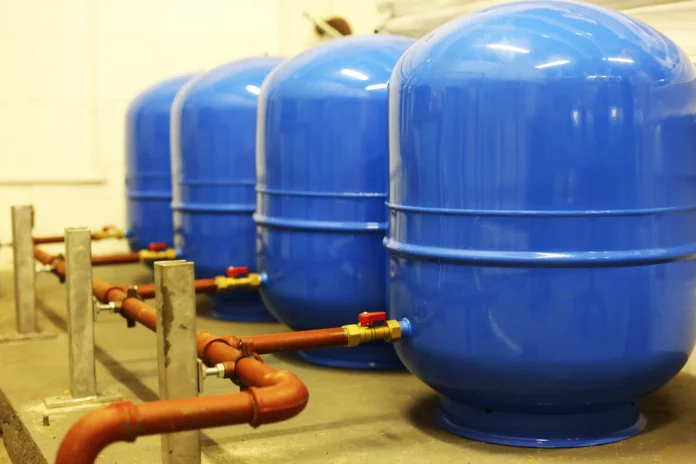Introduction: Boilers are vital components of our homes, providing warmth and hot water throughout the year. To ensure their efficiency and longevity, regular maintenance is crucial. While professional servicing is recommended annually, there are several DIY boiler maintenance tips you can follow to keep your system running smoothly in between professional check-ups. Here’s a comprehensive guide to help you maintain your boiler effectively and prevent potential breakdowns.
- Regular Inspection: Begin by visually inspecting your boiler for any signs of damage, leaks, or corrosion. Check the pressure gauge and thermostat settings to ensure they’re within the recommended range. Look for water leaks around pipes, valves, and radiators. Identifying issues early can prevent them from escalating into major problems.
- Bleeding Radiators: Air can accumulate in your radiators over time, causing them to become less efficient. Bleeding your radiators releases trapped air, allowing hot water to flow freely and evenly. Use a radiator key to open the bleed valve slightly until water starts to escape without air bubbles. Remember to have a container and cloth handy to catch any water drips.
- Check Boiler Pressure: Low boiler pressure can lead to reduced heating performance and potential system damage. Consult your boiler manual to determine the optimal pressure level. If the pressure is too low, use the filling loop to add water until it reaches the recommended level. Be cautious not to overpressurize the system.
- Clean Boiler Components: Over time, debris and dirt can accumulate within the boiler’s components, affecting its efficiency. Turn off the boiler and allow it to cool before cleaning. Use a soft brush or vacuum cleaner to remove dust and debris from the burner, heat exchanger, and vents. Avoid using abrasive materials that could damage delicate parts.
- Test Carbon Monoxide Detector: Carbon monoxide (CO) is a silent and deadly gas produced by faulty boilers. Ensure you have a functioning carbon monoxide detector installed near your boiler and test it regularly. If the alarm sounds or you suspect a CO leak, immediately ventilate the area, turn off the boiler, and seek professional assistance.
- Inspect Flue and Ventilation: The boiler’s flue plays a crucial role in expelling harmful gases produced during combustion. Inspect the flue for any blockages, such as bird nests or debris, which could obstruct airflow. Additionally, ensure that the ventilation openings are clear to prevent the buildup of carbon monoxide.
- Check for Leaks: Water leaks can indicate a variety of issues within your boiler system, including damaged seals, valves, or pipework. Inspect your boiler and surrounding pipes for any signs of leaks, such as puddles or dampness. Addressing leaks promptly can prevent water damage and further deterioration of the system.
- Monitor Boiler Efficiency: Keep track of your boiler’s performance and energy consumption over time. If you notice a significant increase in utility bills or a decline in heating efficiency, it may indicate underlying issues with your boiler. Addressing these issues promptly can save energy and prevent costly repairs in the future.
- Schedule Professional Servicing: While DIY maintenance is essential, it’s equally important to schedule annual servicing by a qualified technician. A professional boiler service involves thorough inspection, cleaning, and tuning of the system to ensure optimal performance and safety. Regular servicing can prolong the lifespan of your boiler and minimize the risk of breakdowns.
Conclusion: Regular DIY maintenance of your boiler is essential for ensuring efficient heating, prolonging its lifespan, and preventing costly repairs. By following these simple yet effective tips, you can keep your boiler in top condition throughout the year. Remember to prioritize safety at all times and seek professional assistance for any complex issues or repairs. With proper care and maintenance, your boiler will continue to provide reliable warmth and hot water for years to come.
